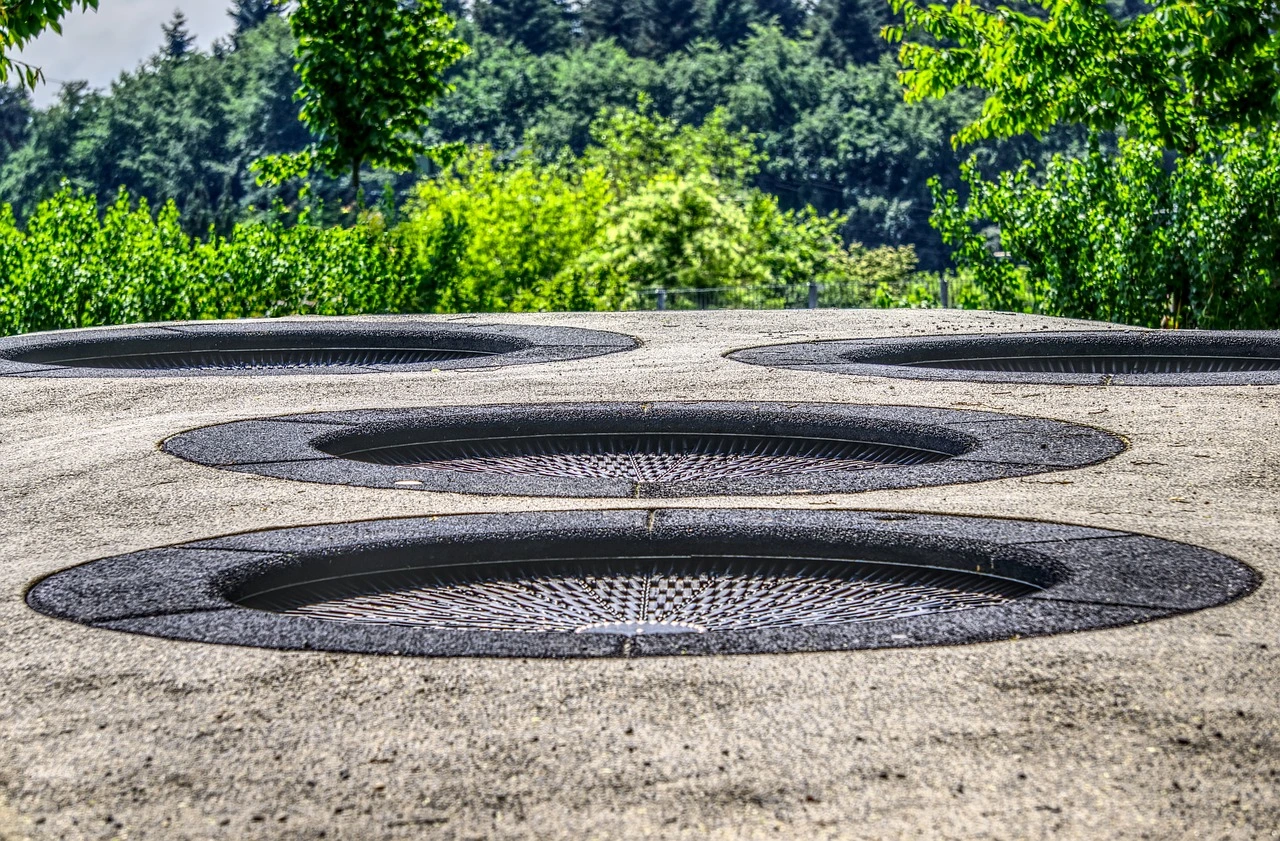Navigating Tax Responsibilities for Amusement Facility Owners: Maximizing Deductions and Managing Revenue
Indoor play centers and trampoline parks are popular family destinations offering a unique blend of fun and physical activity. However, like any business, operating these facilities comes with significant tax implications. From managing amusement park revenue to handling facility maintenance costs, understanding the tax landscape can help owners optimize their operations.
This guide dives into the key tax considerations for indoor play centers and trampoline parks, providing insights into managing revenue taxation and maximizing deductions for facility maintenance.
1. Revenue Taxation for Amusement Facilities
A. Sales Tax on Admission Fees
One of the primary revenue sources for indoor play centers and trampoline parks is admission fees. In many jurisdictions, these fees are subject to sales tax.
- Understanding Sales Tax Obligations: Sales tax is generally imposed on admission fees for entry into an amusement facility. This includes day passes, memberships, and special event tickets. Ensure accurate collection and remittance of sales tax based on local rates.
- Exemptions and Special Rates: Some states may offer exemptions or reduced rates for certain admission types, such as nonprofit events or educational programs. Explore whether your facility qualifies.
B. Revenue from Ancillary Services
Indoor play centers and trampoline parks often generate revenue from ancillary services like birthday party rentals, concession stands, and merchandise sales.
- Tax Treatment of Ancillary Services: Revenue from these services is typically taxable and may require separate reporting. Keep detailed records to ensure proper tax reporting.
- Bundled Services: If you offer bundled services (e.g., a party package), allocate revenue between taxable and nontaxable components. Work with a tax professional for proper reporting.
2. Deductions for Facility Maintenance and Improvements
A. Routine Maintenance Costs
Regular maintenance ensures guest safety and enjoyment. Many maintenance costs are tax-deductible.
- Deductible Maintenance Expenses: Deductible expenses include equipment repairs, routine cleaning, safety inspections, and upkeep. Track all maintenance-related expenses.
- Distinguishing Between Repairs and Improvements: Repairs keep your facility in working order and are generally fully deductible. Significant improvements may need to be capitalized and depreciated over time. Document expenses carefully to determine the appropriate treatment.
B. Equipment and Safety Investments
Investing in new equipment and safety features is essential for maintaining a competitive and secure facility.
- Depreciation of New Equipment: Equipment purchases can be depreciated over their useful life. Consider Section 179 expensing or bonus depreciation for accelerated deductions.
- Safety-Related Deductions: Expenditures on safety features may qualify for tax deductions. Categorize these costs separately for accurate deduction.
3. Payroll Taxes and Employee-Related Deductions
A. Payroll Tax Responsibilities
Employers are responsible for withholding and remitting payroll taxes, including Social Security, Medicare, and unemployment taxes.
- Payroll Tax Compliance: Use reliable payroll software or outsource payroll processing to ensure compliance and avoid penalties.
- Employee Retention Credits: Depending on your location and external factors, your business may qualify for employee retention credits. Consult with a tax professional to determine eligibility.
B. Employee Benefits and Related Deductions
Providing employee benefits can offer tax advantages.
- Deductible Employee Benefits: Contributions to employee health insurance, retirement plans, and other benefits are generally tax-deductible.
- Work Opportunity Tax Credit (WOTC): Hiring employees from certain targeted groups may qualify your business for WOTC.
4. Managing Tax Compliance and Record-Keeping
Accurate record-keeping is crucial for tax compliance and maximizing deductions.
- Documenting Revenue and Expenses: Maintain detailed records of all revenue streams, expenses, and tax-related transactions.
- Staying Updated on Tax Laws: Consult with a tax advisor regularly to stay informed about changes in tax laws that could impact your business.
Preparing for Tax Audits: Keep records organized and accessible. Conduct internal audits periodically to ensure accurate tax records.
Running an indoor play center or trampoline park involves unique tax responsibilities and opportunities. By understanding the tax implications of your revenue streams, facility maintenance, and employee management, you can optimize your tax strategy and ensure compliance with all applicable laws.
You can also post your project on our Marketplace and find the right professional for your needs. Our resource directory also offers valuable links to assist in managing various financial and legal aspects of a business or individual.








